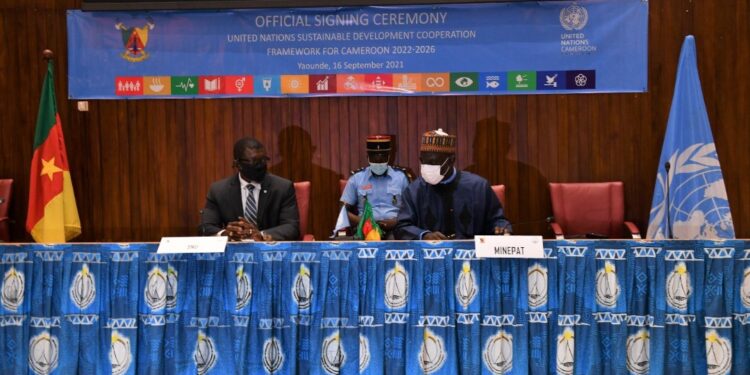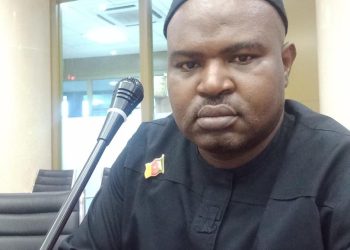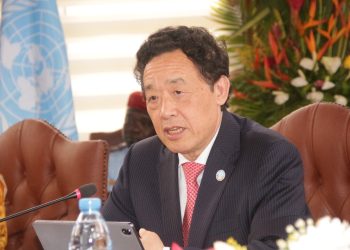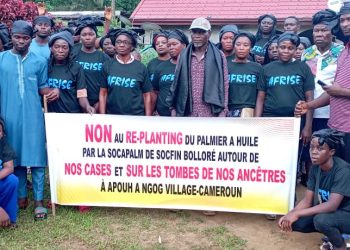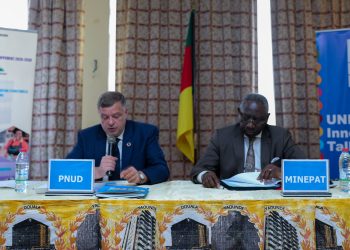The United Nations Sustainable Development Cooperation Framework 2022-2026 was endorsed in Yaounde on Thursday, September 16, 2021.
“The UN System in Cameroon expresses it’s deep appreciation for the continued partnership with the Government of Cameroon. Operating under the ‘Delivering as One’s initiative, the United Nations System of agencies, funds, and programmes, recommits it’s support to Cameroon’s national development priorities. With the start of the Decade of action, the Cooperation Framework comes at a transformative moment to focus together on critical areas in achieving Cameroon’s national vision of a society where justice, security, stability, and prosperity prevails including the achievement of the Sustainable Development Goals (SDGs).” Mathias Z Naab, Resident Representative of the UN System in Cameroon said during the signing ceremony at the Ministry of the Economy, Planing and Regional Development (MINEPAT).
Minister Alamine Ousmane Mey, of the Economy, Planning and Regional Development signed for Cameroon, while H.E. Mathias Z. Naab, paraphrased on behalf of the UN System in Cameroon.
The United Nations Sustainable Development Cooperation Framework is the main instrument through which the Government of Cameroon and the United Nations System will cooperate during the 2022-2026 period to implement the national priorities and contribute to the achievement of the Sustainable Development Goals (SDGs).
The Cooperation Framework aims at making Cameroon a land of opportunities, citizens engagement and well-being for it’s population.
“It is a value tool for Cameroon’s development . It responds to the policy and programming priorities of the National Development Strategy 2020-2030, including Cameroon’s Economic Vision 2035.” Minister Ousmane Mey said.
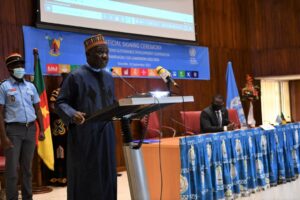
Strategic Priorities
To achieve the goals set by the Cooperation Framework, four (4) strategic Priorities have been set which are all aligned with the National Development Strategy (NDS30) pillars.
– An inclusive and sustainable growth through a structural and green transformation of the economy that creates descent jobs;
– Quality, inclusive and equitable human and social development;
– Institutional support and citizen development;
– Environmental sustainability, management of climate risks and disasters.
Strategic Outcomes
The priorities and results from the document are expected to be catalytic, cross sectorial, and based on a multi-stakeholder commitment and action.
By 2026, more people, especially youth and women and socially and economically vulnerable groups, including refugees and Internally Displaced Persons (IDPs), should benefit equitably from increased opportunities in a green, diversified, transformative, resilient, and inclusive economy while gaps in critical socio-economic I dictators are reduced.

